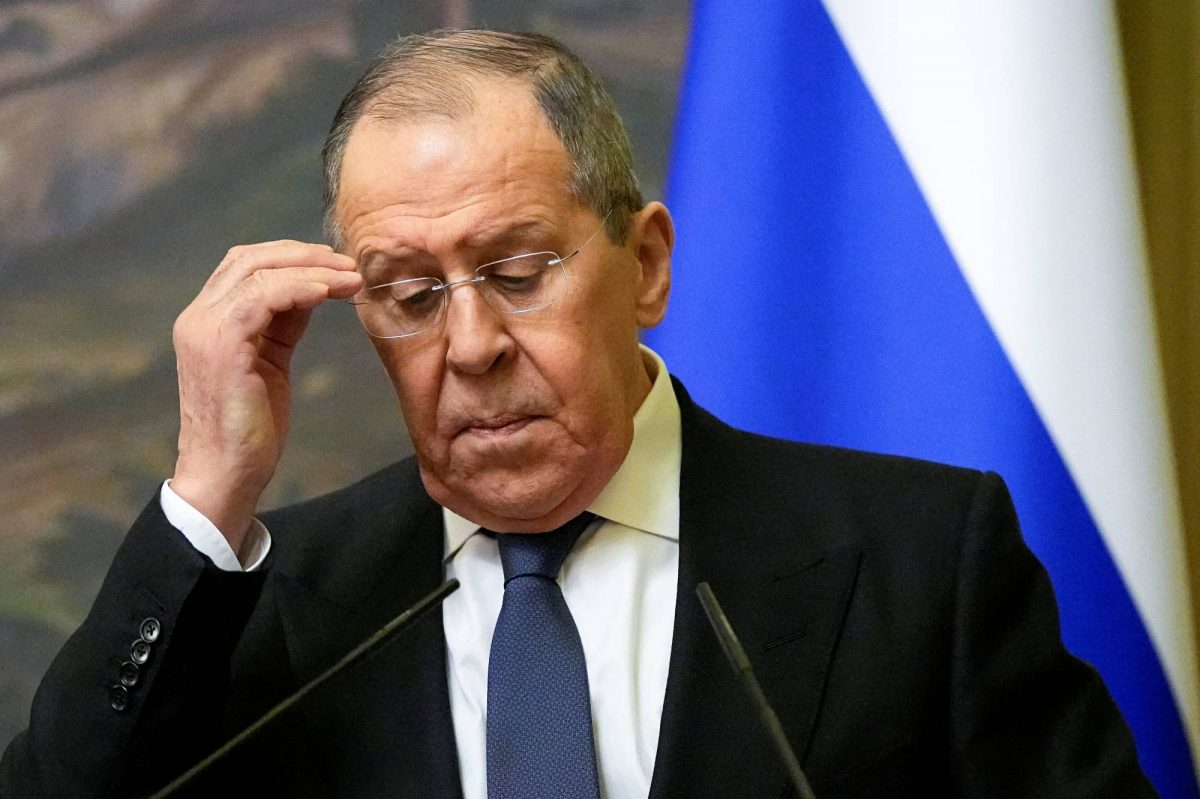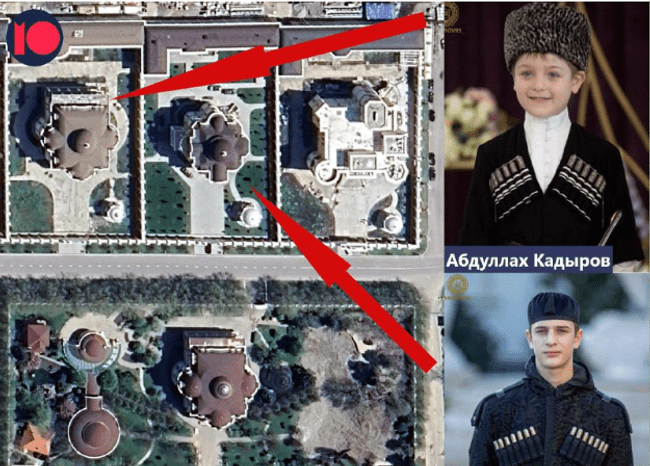24 JANUARY/Union of Principalities, a Romanian political will, National Library head Cioroianu says
The Union of the Principalities of 1859, the fruit of the vision of the Forty-eighters (Revolution of 1848, ed. n.) generation, was quite a long process, "it is not simply a day on the calendar in which it happened", and urged daily remembrance of the great moments of our history, not only the anniversary times, historian and professor Adrian Cioroianu, managing director of the National Library of Romania, told AGERPRES.
"Of course, it was a European historical conjuncture, determined especially by the Crimean War, but also, more broadly, by the crisis in which the Ottoman Empire had entered the sphere of influence of which the Romanian Principalities were. Let us remember that there were no independent states then. So, the Union of Alexandru Ioan Cuza and his generation came on this background, as an idea from within and, fortunately, supported from the outside by most of the European powers, of course, less the Hapsburg Empire, the future Austro-Hungarian Empire, which was quite suspicious of the idea of uniting Romanians," the historian said.
He added that Alexandru Ioan Cuza was one of the most interesting politicians and statesmen of the Romanian 19th century, whom we sometimes look at, he claims, schematically.
"Some imagine him to be a dictator in the making, or others think he was a playboy put on the throne by conjuration. In reality, he was what would have been called an intellectual, an officer, but intellectual in that he had been civically involved before becoming the ruler of the Romanian Principalities, holding public offices in which he did very well," Cioroianu said, stressing that when referring to Cuza what matters is his political activity.
"I do not advise anyone to judge his actions from the perspective of his intimate family relationships, because in this way we get nowhere and whoever we judge, from the kings of France to Albert Einstein, usually a man of common sense wonders what they did, not what relationships they had with their wife or mistress. Having said that, Alexandru Ioan Cuza was chosen precisely because he was an independent character (...) both among the boyar families of Moldavia, families who somehow suspected each other of wanting to come to the throne, but also in relation to the declared candidates, I refer to the elections in Moldavia, at the beginning of 1859. And then, these parties of boyar families made a compromise and chose Alexandru Ioan Cuza precisely because he was independent from them and was not of noble life, he was neither poor nor extremely rich, he had fulfilled public functions, he was a presentable man and a good French speaker. For this reason, he was elected in Iasi and, subsequently, the election in Bucharest was meant to materialize the beginning of the Union," the historian explained.
He stressed that the election of Alexandru Ioan Cuza in Bucharest "did not mean that the Union was made from the next day."
"It is only the beginning of a process which, in a few years, will gradually lead to the unification of institutions, to administrative unification. It was quite a long process. We have to remember that Bucharest became the capital of the United Principalities only around 1862, so we understand that January 24, 1859 is, I repeat, only the beginning of a process and not its end. (...) Then began a series of reforms unprecedented in our history. If we were to find a name for Alexandru Ioan Cuza, he is no longer the first unifier, because it was Michael the Brave, he is no longer the Achiever, because this would be Ferdinand, but I say that if we had to find a name for him, he is an excellent modernizing gentleman, a reformer. It should be noted that, regardless of his abdication, his reforms were continued by the same politicians and by the coming ruler, Carol I. So, this proves that Cuza's reforms were not made in his own name, they were necessary reforms and an entire political generation supported them later, even without Cuza. What happened between him and his generation was related to human passions, perhaps misunderstandings, that any man could sometimes be wrong. In our country, you should also know that this delicate relationship between - let us say - leaders and Parliament has remained a constant. That is, from Alexandru Ioan Cuza and (fmr president 2005-2014, ed. n.) Traian Basescu, often, under conditions of freedom, the head of state and Parliament were on different positions. And this was also evident in Cuza's case, hence his abandonment by the generation that brought him to power," he said.
Adrian Cioroianu declared himself "categorically" against the use of the phrase "Little Union", arguing that, without 1859, we would not have had 1918.
"We can see how it came about. Of course, many people, talking about the Greater Union, although even there the term is a misnomer, thinking that if 1918 is the Greater Union, then 1859 is the Little Union. It is absolutely inept. Without Cuza's Union I don't know how we would have gone to the Union of 1918. For its era and for our history, the Union of Cuza's generation, under Alexandru Ioan Cuza, had a huge importance. Therefore, I advise everyone to stop using this term of Little Union for the simple reason that it is totally and utterly inadequate. You can't even make rankings like this in history, plus history is a continuous becoming. I repeat, without 1859, we wouldn't have 1918, so it's hard to say which was more important than the other."
Professor Cioroianu believes that we still need visionary people like the Forty-eighters generation.
"Of course, history always teaches us, but not how to be smart tomorrow. But at least it shows us what others did wrong yesterday. And, from this point of view, history shows us that what matters in the evolution of peoples is this stubbornness, this desire to serve an ideal, because, when a series of politicians were planning the election of Alexandru Ioan Cuza in Bucharest, who would have thought then that in 70 years we would have had a state that included Transylvania? Bucovina, Dobrogea and Banat and so on. You see what the stubbornness of that Forty-eighters generation means, which was the one that led to Cuza's Union, then to the War of Independence and its conquest, the declaration of the Kingdom (...) and, in general, the end of the Romanian nineteenth century is, in my opinion, perhaps the best period we have had in our history. And they were all idealist. I mean, in 1848 what they were asking for was almost impossible, it was out of touch with reality. But look, the power of vision and the power of the ideal and consistency to follow them show us that even today we need visionary people, people who believe in their ideals and who make efforts and spend time and life to achieve those ideals," Cioroianu said.
He pointed out that we should talk about our great moments at any time, not just on anniversary hours.
"Therefore, I advise my fellow citizens not to neglect national history and the chance to speak from a completely different position today. That is, today's Romania stands in all chapters infinitely better than the Principalities were about to unite under Cuza. So it's obviously an evolution. And this should make us happy, but also increase our responsibility. I advise Romanians to understand that the Union is a process, it is not a day simply on the calendar when it happened as if a snowdrop were opened, the Union opened. No. The union was consummated in years and years. And the process started by Alexandru Ioan Cuza will continue with Prince Carol I and so on and, as I said, let's try to remove from the public discourse such aberrant notions as Little Union, which are somewhat pejorative and I think they are not deserved neither by Cuza nor by his generation," Cioroianu concluded.
































Comentează